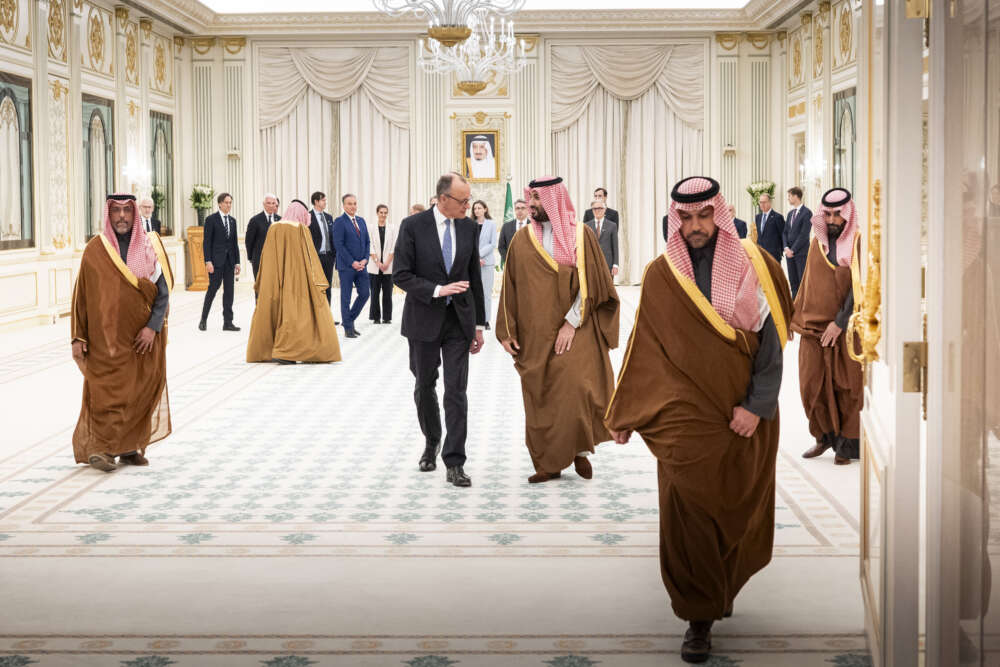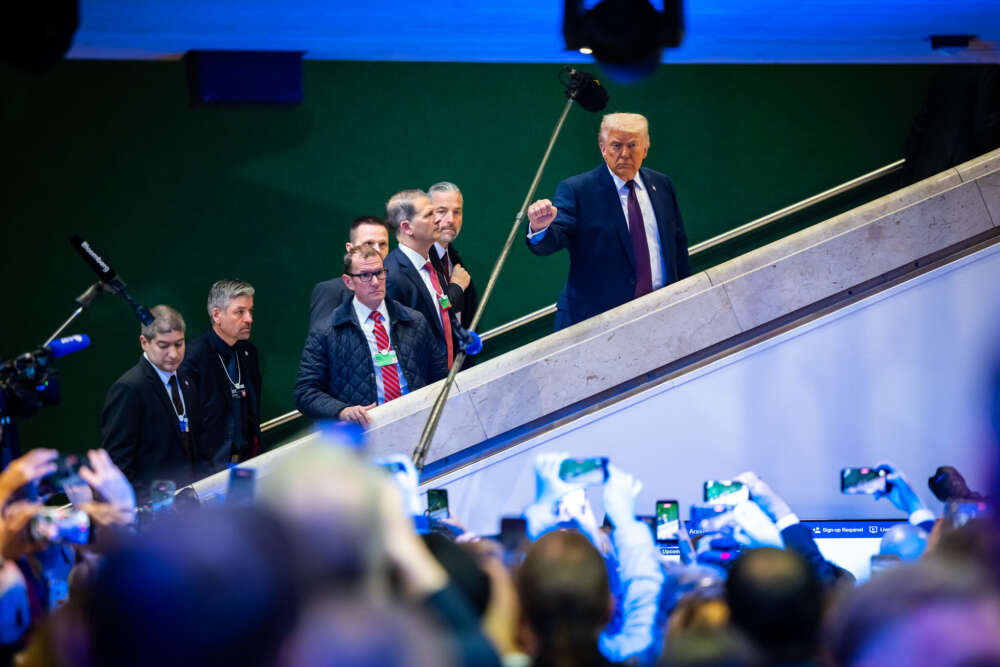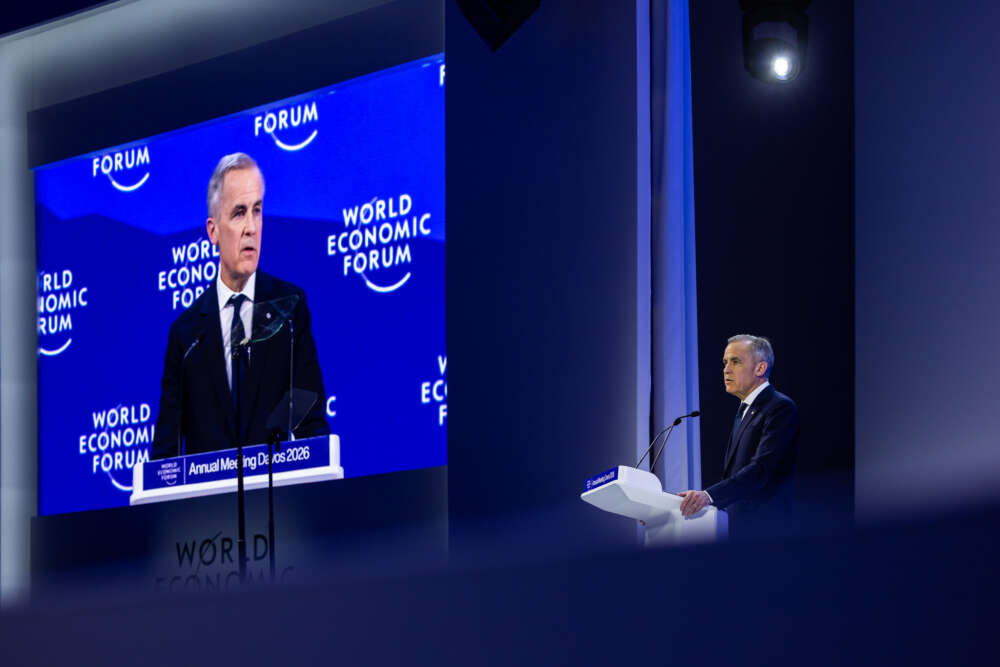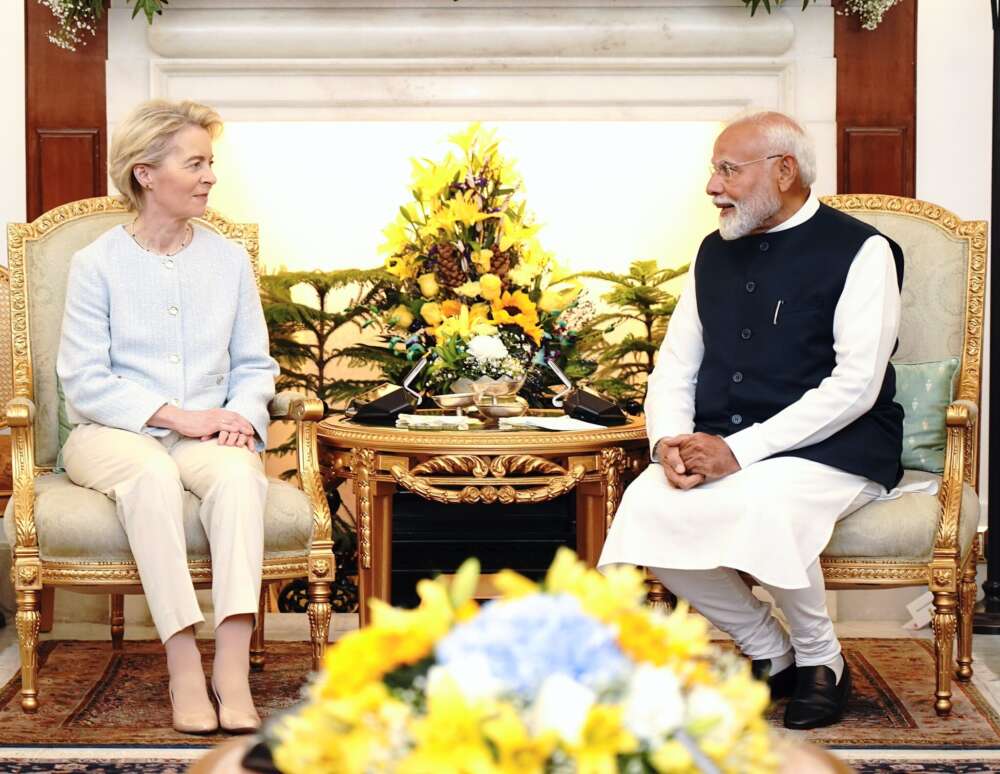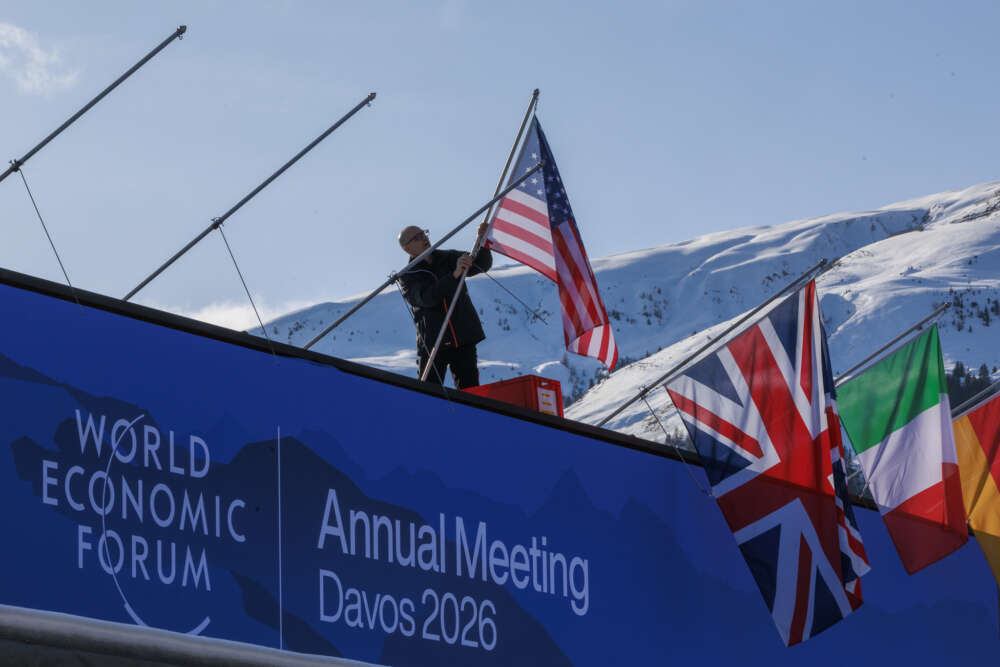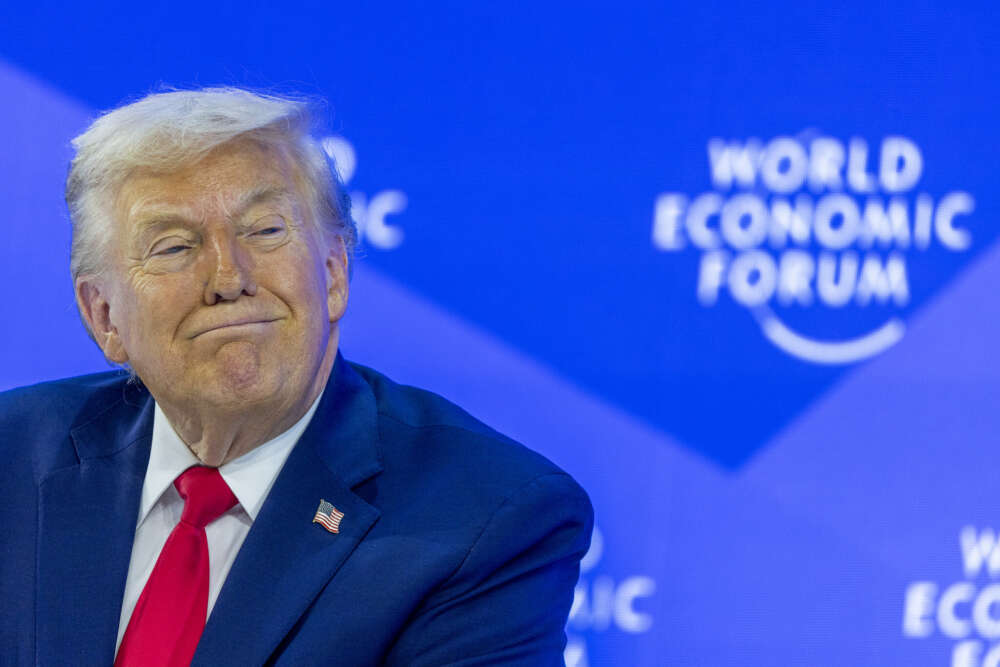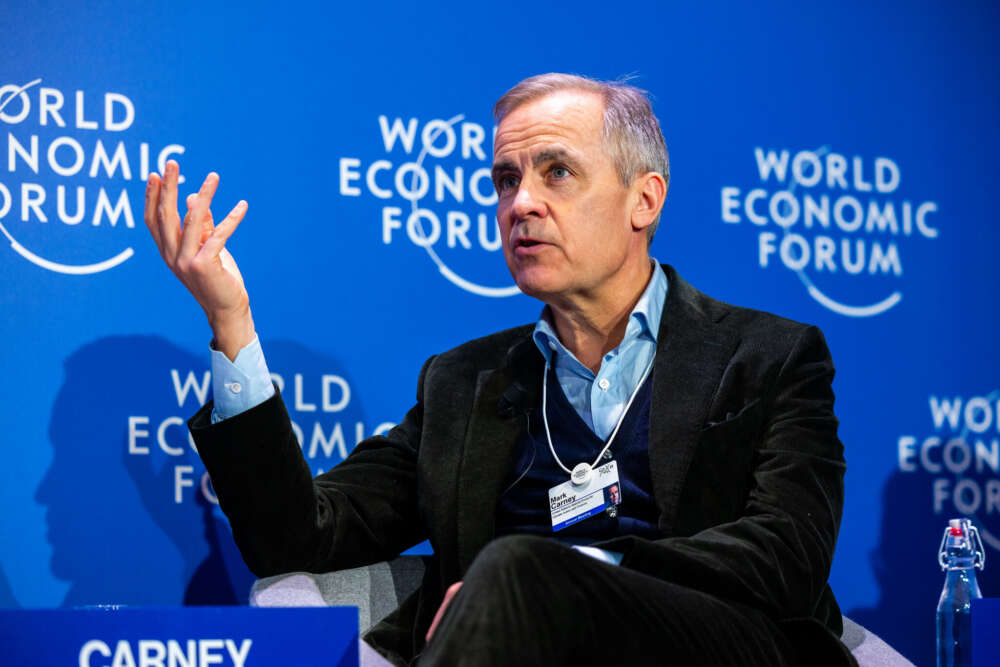Challenging Eurocentrism in European Feminist Foreign Policies

African feminist thought (e.g., Professor Toni Haastrup, Memory Kachambwa, Reem Abbas, Rosebell Kagumire, Helen Kezie-Nwoha) is deeply concerned with justice and equality, calling attention to the systemic inequalities that persist in global politics. It suggests “a decolonial way of thinking about domestic and foreign policy, situated within a broader vision of a new feminist foreign policy that is anti-imperialist and centres marginalised communities’ social and economic well-being and prioritises human security and dignity.” We, therefore, argue that feminist principles in foreign policy have to prompt a critical examination of domestic, regional and global power structures and their impact on the global political (dis)order. If these policies do not, they are not feminist.
Thinking together African feminist thought and Feminist Foreign Policy (FFP) in this piece, we are encouraged to discuss questions such as: How does Europe’s hypocrisy reinforce colonial continuities, as for instance seen in FFP countries’ role in the climate crisis? What does actionable feminist solidarity look like within Europe and for those in the Global South? And lastly, what does it mean to insist on the entirety of African feminist thought, despite attempts of deradicalizing it?
European Hypocrisy
FFP countries engaging in global politics need a global perspective on feminism. However, ten years of FFPs illustrated how a eurocentric understanding of feminism kept sidelining the diverse range of feminisms which exist (and are accessible) in a globalized world. This eurocentric understanding of feminism may seem obvious given European FFP’s embeddedness in long histories of considering white Western thought as default. However, FFP shows the selectiveness in Europe’s claiming of feminist theories. Some European feminist foreign policies do indeed reference core concepts of African and Black feminist thought, such as intersectionality and decolonization, while purposefully ignoring the impetus for radical change that comes with it.
FFP states like Germany and the Netherlands, do in fact make use of Black and African feminist thought in their feminist foreign policies. Intersectionality (a term coined by American Professor Kimberlé Crenshaw in 1989), being the most prominent example of Black feminist thought finding its way into FFP discourse. This is demonstrated for instance in the Netherlands’ acknowledgement that “the situation is often even worse for minorities such as LGBTIQ+ people. Other factors, including ethnicity, religion and physical or other disabilities often determine the extent to which people experience additional unequal treatment”, or in Germany’s FFP guidelines that make a case for a “transformative and intersectional approach” to addressing and countering “entrenched power structures.” While it might sound revolutionary that a state finally recognizes how all forms of inequality are mutually reinforcing and must therefore be addressed simultaneously, African Feminist Thought encourages us to question if progressive language on paper actually results in practical transformative actions. The following example of Germany’s entanglements in climate related harm exemplifies quite the opposite to transformative feminist action.
Black, indigenous and Global South climate activists have shown that the climate crisis is an issue of today not a question of the future and most importantly it is also a feminist question. Reproductive justice, a core concept emergent from Black feminist thought, describes as one of its core principles the right to raise future generations in a safe and sustainable environment. This stands in stark contrast to Germany’s action putting profits before Indigenous Peoples and Afro-Colombian communities in the case of extractivism of coal in El Cerrejón. This is happening despite Germany’s commitment to counteract “inequalities and vulnerabilities exacerbated by the climate crisis” through its climate diplomacy as mentioned in its FFP guidelines.
In the case of El Cerrejón this has led to forced resettlements and lack of access to clean water, which has been met by marginalized Indigenous and Afro-descendant communities organizing in resistance. Germany’s involvement in human rights violations stands in stark contrast to its proclaimed aim of implementing fair and equitable solutions for the environment and protecting biodiversity as proclaimed in Germany’s strategy for a feminist development policy. This serves as one of many examples of European FFPs doing little to prevent putting national interests above people. The observed willingness to “pick and choose” Black feminist concepts such as “intersectionality” while neglecting to acknowledge Europe’s own complacency in global power structures oppressing the most vulnerable communities cannot withstand an intersectional FFP.
African Feminist Solidarity
In contrast, the political power of South-South alliances was vividly demonstrated when South Africa took political action at the International Court of Justice in The Hague to investigate the ongoing genocide in Palestine. Solidarity, here, is more than a phrase, it asks for transformative collective action to enact systemic change. This emphasis on systemic change serves as an imperative for making a feminist informed foreign policy a reality – not just a mouthpiece.
One tangible call to action for European FFP states is investing in global solidarity, collective action and coalition-building between feminist actors. By recognizing and resourcing the pursuit of shared goals, feminist solidarity can create opportunities for collaborative advocacy and policy-making. To do this, states can build on a plethora of (Pan-African) feminist networks that have existed for decades and not just since the emergence of the term “feminist foreign policy.” On regional, national and trans-continental levels, African and Black feminist voices (e.g., the Nala Feminist Collective, the Mwasi Collectif or the Black Earth Kollektiv) have always been at the forefront of calling out injustices perpetrated by European states and ways forward for their communities. Pan-African Feminist solidarity has the potential to trigger collective efforts that call out colonial continuities and European hypocrisy.
If Germany and other European FFP states want to live up to the idea of a truly feminist informed foreign policy by critically investigating global power structures and their impact on the global political (dis)order, investing in feminist solidarity can be a first step. In order to truly achieve a future of system change in global politics, strengthening intersectional feminist solidarity by building resilient alliances including African and Black feminists is essential.
Existence is Resistance
We see today how African and Black feminist thought in and on European FFPs have been caught between blatant exclusion from dominant narratives and practices, and concepts being selectively taken out of context, co-opted and de-politicized from their original use. Yet, African and Black Feminist movements keep resisting this systematic exclusion from politics (see, e.g., Akwugo Emejulu and Francesca Sobande, 2019). One reason why feminists of African descent exist and resist across the globe is linked to Europe’s histories of imperial conquest and colonial violence. We are here because you were there, and like us, African and Black Feminist Thought is not going anywhere.
This commentary was first published in EUIdeas on March 1, 2024.
